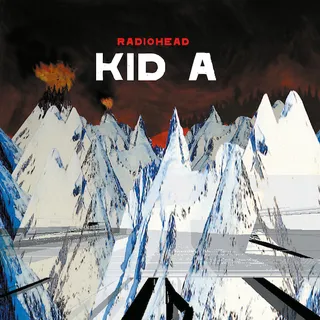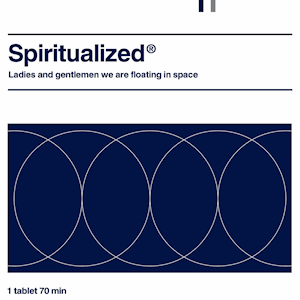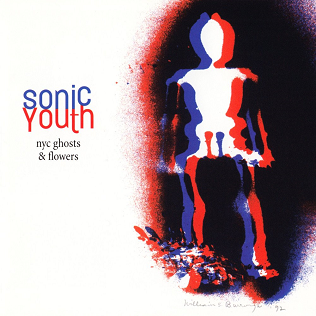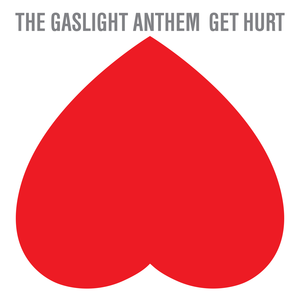When the Music (Criticism) Stops: The Demise of Pitchfork
Posted on February 23, 2024
by Eric P
The American information media industry is in a period of upheaval and instability. One of the most high-profile shakeups happened at the venerable magazine Sports Illustrated, which laid off most of its staff and got caught publishing AI-generated articles attributed to imaginary people. But the whole industry’s been taking hits – Time magazine axed 15% of its staff; Popular Science and U.S. News and World Report stopped publishing. You can’t buy National Geographic at a newsstand anymore, assuming you can even find a newsstand. And it’s not just old-school hard-copy paper media; digital outlets like HuffPo, Gawker, Jezebel, Vice, FiveThirtyEight, and Vox have all been slashed, shrunken, shaken, vaporized, or swallowed whole by larger outfits.
In that context, the fate of a comparatively niche music blog like Pitchfork might seem relatively minor, but the fact that it was recently absorbed into the men’s magazine GQ – less known for music criticism than for pictorials of Derek Jeter’s favorite expensive watches or Ryan Gosling’s favorite expensive sneakers or Jacob Elordi’s favorite stacks of money – has spurred agita among a certain subset of music fans. Can a media brand that’s all about designer belts and rock-climbing paraphernalia do justice to a webzine that’s been defining hipster musical tastes for almost thirty years? The fact that parent company Condé Nast punctuated the announcement by firing almost everyone associated with Pitchfork doesn’t bode well.
Why does it matter? Well, for some time now, love it or hate it – and lots of faithful Pitchfork readers found it in them to do both – the site has been one of the last credible bastions of music criticism in a dwindling landscape, evaluating new releases by established acts and directing popular attention to new artists. If you’ve ever listened to an album by Animal Collective I’m guessing Pitchfork was directly or indirectly involved somehow. And as recently as last year, a Pitchfork review introduced me to Kara Jackson’s Why Does the Earth Give Us People to Love, one of 2023’s best albums.
Pitchfork also committed acts of dedicated long-form music journalism – Milwaukee’s rap scene; the effects of COVID on live music venues; MeToo in the music industry. But the site was always best known for those reviews, always accompanied by a numerical score carried out to the first decimal place with a pretense of precision that suggested scientific rigor. High scores cemented careers; low scores torpedoed them. The numbers themselves became newsworthy; a Liz Phair album famously got a 0.0 score that its author apologized for years later. People who wrote for Pitchfork got irritated with readers’ obsessing over the particulars of those decimal points, but that was kind of a self-inflicted problem.
Here’s a sampling of recordings that were bestowed with some of Pitchfork’s top scores:
Fetch the Bolt Cutters by Fiona Apple

Kid A by Radiohead

In the Aeroplane Over the Sea by Neutral Milk Hotel

Ladies and Gentlemen We Are Floating in Space by Spiritualized
And, if you’re feeling contrarian – or masochistic – here are a few notorious Pitchfork low-scorers:

NYC Ghosts and Flowers by Sonic Youth

Anthem of the Peaceful Army by Greta Van Fleet

Get Hurt by The Gaslight Anthem

Wilder Mind by Mumford & Sons
Did you like this blog post? Keep up to date with all of our posts by subscribing to the Library’s newsletters!
Keep your reading list updated with our book lists. Our staff love to read and they’ll give you the scoop on new tv-series inspired titles, hobbies, educational resources, pop culture, current events, and more!
Looking for more great titles? Get personalized recommendations from our librarians with this simple form.



